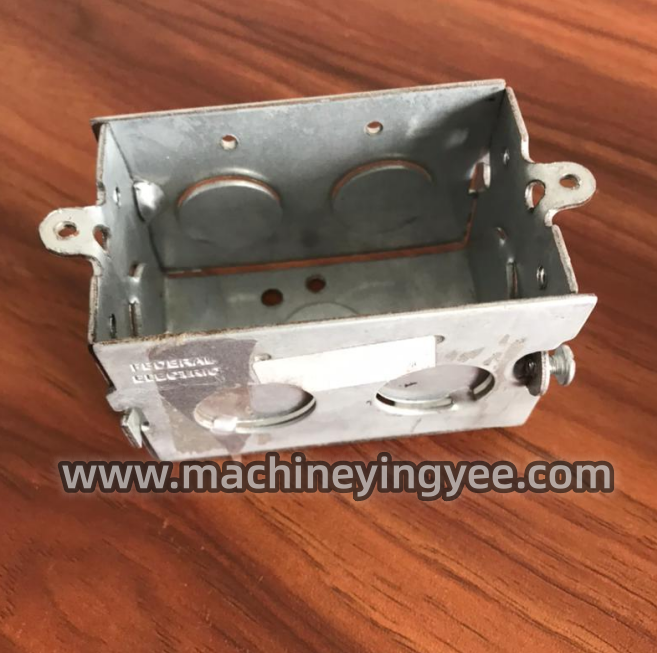
The Evolution and Importance of Roof Tile Machines
In the construction industry, the quality and durability of roofing materials can significantly influence the longevity and aesthetic appeal of a building. Among various roofing materials, roof tiles have gained immense popularity due to their ability to withstand harsh weather conditions, provide insulation, and enhance the overall look of a structure. At the heart of this industry lies the innovative technology of roof tile machines, which plays a critical role in the manufacturing process of these essential building materials.
The Evolution and Importance of Roof Tile Machines
One of the significant advantages of using roof tile machines is the speed and efficiency they bring to the production process. Traditional methods of tile-making were labor-intensive and time-consuming, often resulting in inconsistencies in size and quality. With the advent of machine technology, manufacturers can now achieve high precision and uniformity in tile production. Automated machines are capable of producing thousands of tiles per hour, drastically reducing lead times and meeting the increasing demand for roofing materials in the construction sector.

Moreover, these machines are designed to optimize raw material usage. Modern roof tile machines are equipped with technologies that minimize waste during production, a critical factor in maintaining sustainable practices in manufacturing. By utilizing advanced mixing and molding techniques, manufacturers can enhance the strength and durability of tiles while also reducing their environmental impact. This sustainability aspect is becoming increasingly important as the construction industry faces pressure to adopt eco-friendly practices.
Another crucial innovation in roof tile machines is the integration of digital technologies. Many modern machines come with computerized controls and monitoring systems that allow for precise adjustments during the manufacturing process. This level of control enables manufacturers to respond quickly to changes in materials or design specifications, ensuring that the end products consistently meet the desired quality standards. Additionally, data analytics are being used to predict maintenance needs and optimize production schedules, further enhancing the efficiency of the manufacturing process.
The versatility of roof tile machines is worth noting. They are capable of producing various types of tiles, including concrete, clay, and even composite materials. This adaptability allows manufacturers to cater to a broader market, accommodating different budget ranges and design preferences. As architects and builders increasingly seek innovative solutions for roofing, having a versatile machine that can produce an array of roofing materials becomes a significant asset.
In conclusion, roof tile machines are an essential component of the construction industry, transforming the way roofing materials are produced. Their evolution has not only increased production efficiency and quality but has also encouraged sustainability and adaptability in manufacturing practices. As the demand for high-quality roofing materials continues to rise, the importance of advanced roof tile machines will undoubtedly grow, shaping the future of the construction landscape. The investment in these machines is not just about increasing output; it is about embracing innovation in the pursuit of excellence in building materials.